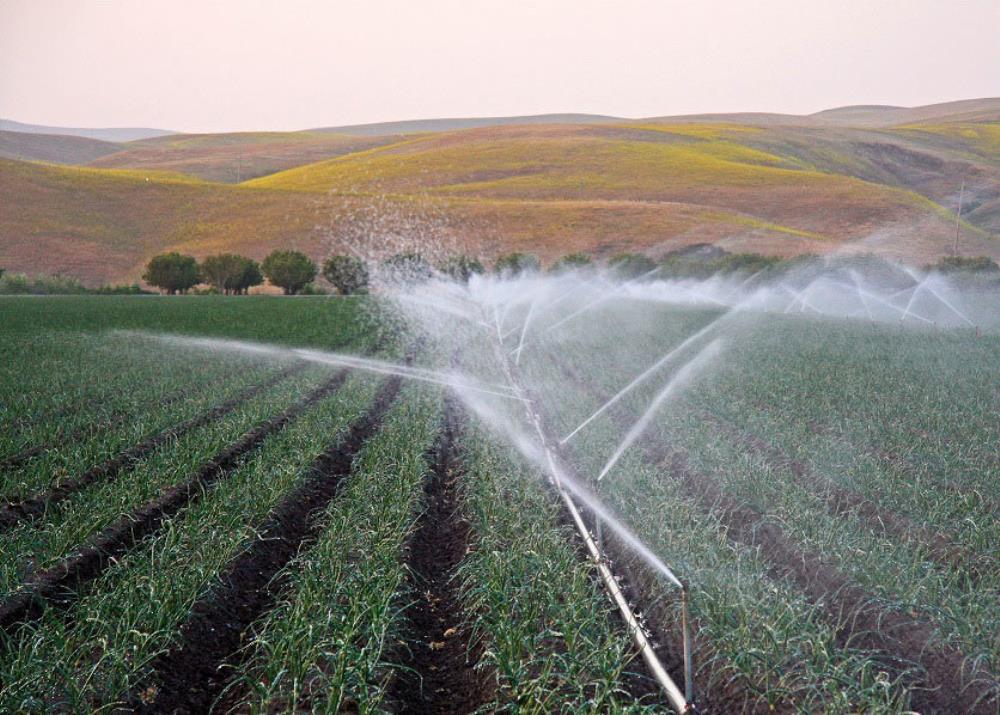
Related items loading ...
Section 1: Publication
Publication Type
Book Chapter
Authorship
Martin-Hill, D., Gibson, C. M., Looking Horse, M., Gendron, D., Anson, E., McQueen, K. C. D., & Tehahenteh
Title
Kayaní:yo (a good path)—Warrior Science Ohneganos—Indigenous ecological knowledge
Year
2023
Publication Outlet
In R. J. Tierney, F. Rizvi, & K. B. T. Erkican (Eds.), International Encyclopedia of Education (4th ed., pp. 207–216). Elsevier
DOI
ISBN
978-0-12-818629-9
ISSN
Citation
Martin-Hill, D., Gibson, C. M., Looking Horse, M., Gendron, D., Anson, E., McQueen, K. C. D., & Tehahenteh. (2023). Kayaní:yo (a good path)—Warrior Science Ohneganos—Indigenous ecological knowledge. In R. J. Tierney, F. Rizvi, & K. B. T. Erkican (Eds.), International Encyclopedia of Education (4th ed., pp. 207–216). Elsevier.
https://doi.org/10.1016/B978-0-12-818630-5.06024-3
Abstract
Indigenous communities are uniquely positioned to contribute to solutions to ecological problems because of their access to Indigenous Knowledge (IK). IK is increasingly recognized as a valuable resource for climate adaptation and resilience-building in the face of environmental change and water insecurity. To advance equity in knowledge, there is an impetus to follow the science; Indigenous transmission of knowledge is encoded through song, dance, ceremony, and stories in our language. Led by our community partner, Six Nations of the Grand River, the Ohneganos Ohnegahdę:gyo research project is co-creating a suite of learning “tools” to foster IK-led water management. These tools weave Indigenous ecological knowledge and western scientific data together and have a focus on youth training and capacity building. The knowledge is mobilized through visual, sensory, and emotive mediums by hosting the information on a series of multidimensional platforms (e.g., a virtual reality experience and an Indigenous digital map). Yothá:te is a “path” that implies a warrior's intentions to be of aid – to be helpful – something which is considered as kayaní:yo (“a good path”) as it protects what our ancestors valued the most. In this way, co-creation requires rebuilding the community and the ecological relationships that have been fragmented by colonial erasure. Warrior Science is clearing the yothá:te through revitalizing and nurturing cultural spiritual connections to sustain ancient laws and relationships. Warrior science is needed to mitigate the global climate crisis and the vast loss of life brought on by the Colonialcene.
Plain Language Summary


 GWFNet
GWFNet Master
Master Data
Data Research
Research Map
Map
 Advanced
Advanced Tools
Tools
 . . .
. . .
 Metadata Editor
Metadata Editor
 Record List
Record List
 Alias List Editor
Alias List Editor
 Legacy sites
Legacy sites